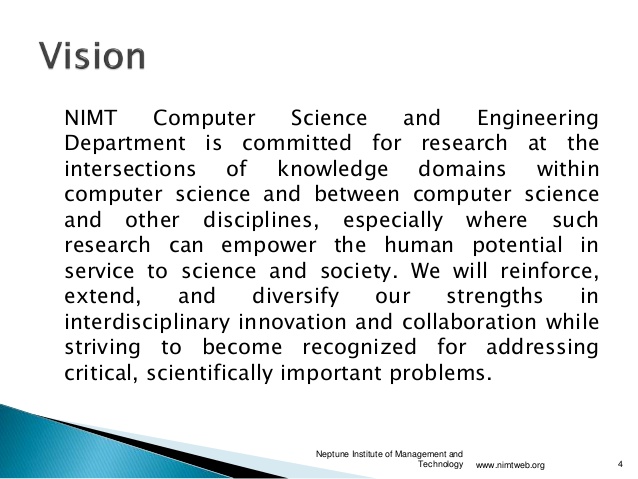With computers running at such a fast pace, it can be quite difficult to stay abreast of what’s new and what’s happening on the ground. One day is cloud computing, the next is quantum. The latest news from Silicon Valley is that silicon may be disappearing, just like the plastic muscles in action. As reported on ScienceDaily.com, the July edition of Physics World includes a section on developments in the field of plastic-based transistors and organic electroluminescent displays of three prominent Israeli researchers.
Marianna Khorzov and David Andelman of the School of Physics and Astronomy at Tel Aviv University and Rafi Shikler of the Department of Electrical and Computer Engineering at Ben Gurion University have made exciting discoveries about plastic electronics that could completely change the face of laptops. know them.
As early as the 1970s, it was discovered that not all plastics are electrical insulators, but that some are actually electrical conductors. However, it is only now that the potential uses of this discovery are emerging.
One of these uses is the design and manufacture of flexible laptops. Plastic-based transistors could soon replace their silicon counterparts as standard on all laptops because they are easier and less expensive to manufacture. And because plastic is flexible and malleable, it would be relatively easy to create ultra-thin and ultra-flexible laptops.
Light-emitting organic screens could also revolutionize computing, as well as the world of entertainment. Traditional methods currently used in television screens, iPods and digital watches are rigid, complex and expensive, while new organic screens, based on plastic electronics engineering, are flexible, consume less energy and are easier to manufacture. Organic electroluminescent displays are being developed by some of the biggest names in electronics, including Sony and Samsung.
Another area likely to benefit from these developments is that of bionics, where the development of sensitive and flexible materials will soon be able to reproduce the skin. This marks an important advance in robotics, as robots could be developed to work in situations where the sense of touch is essential.
Khorzov, Andelman and Shikler have high hopes for their discoveries. They write that they expect their new plastic materials to eventually replace silicon and metals in a variety of products. In addition, they hope that their discoveries will encourage the development of various scientific fields, including robotics and bionics.



















